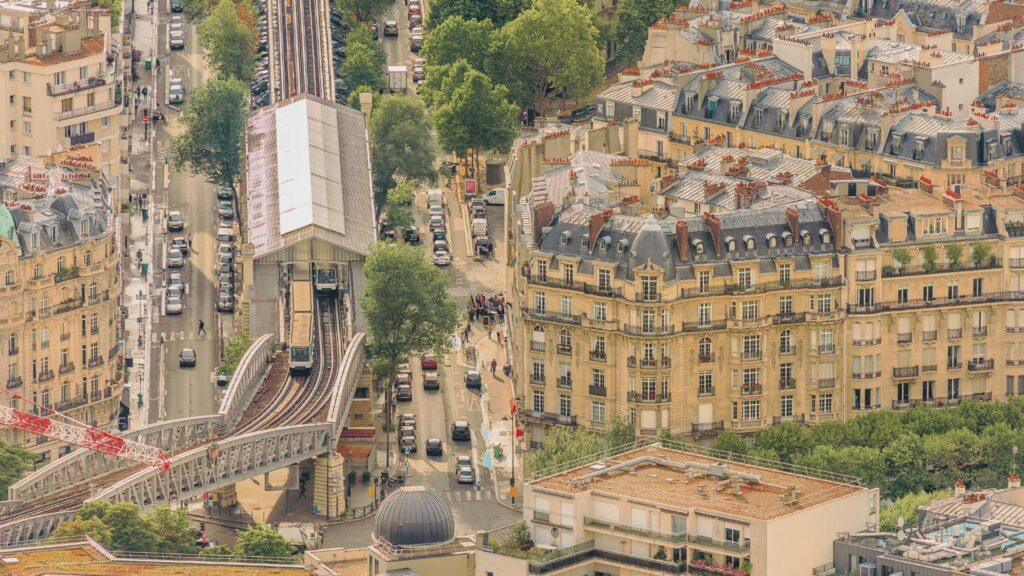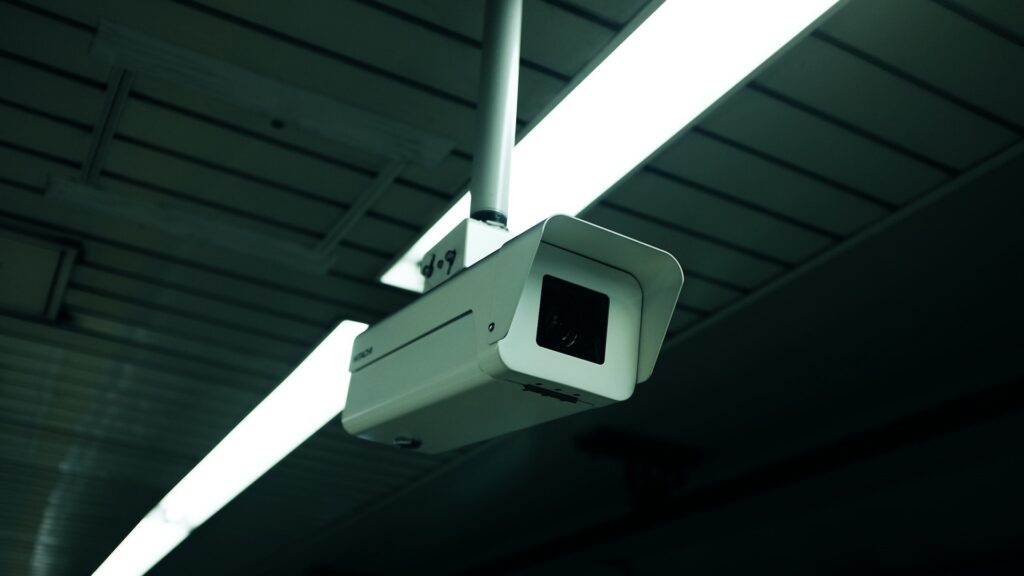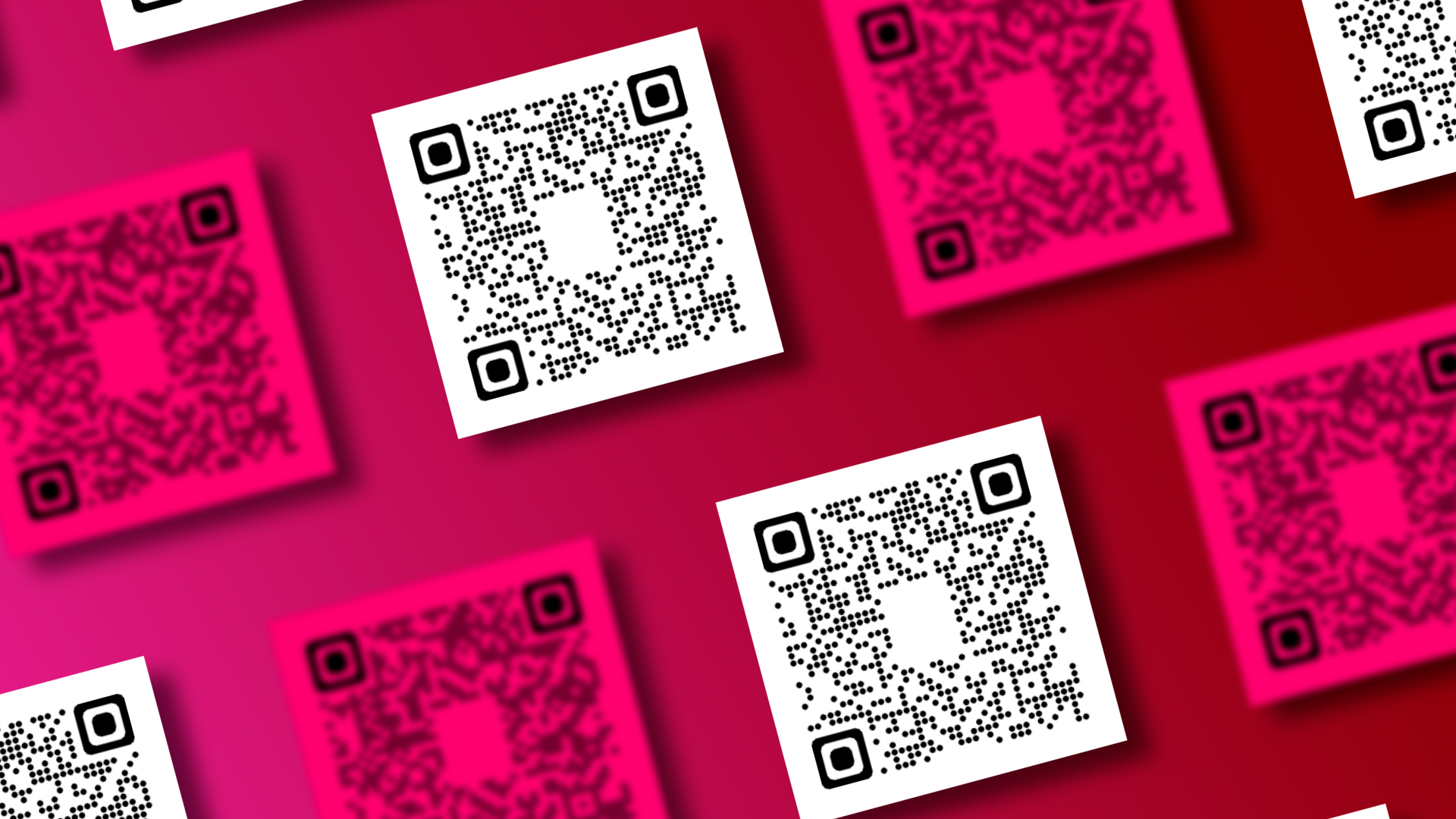The Paris 2024 Olympic Games will be marked this summer by the establishment of security zones in the places hosting the sporting events. To access it, possession of a QR Code will be mandatory. A temporary initiative, but which is part of a broader security movement, recalls this article from The Conversation.
Algorithmic video surveillance, body scannersand now QR codes: surveillance technologies are on the rise to secure the Paris 2024 Olympic and Paralympic Games. Widely used during the health crisis, the QR code appears as a small image made up of black squares on a white background which can be scanned to access certain information. The announcement of his return was made by the Ministry of the Interiorat the beginning of April, during the unveiling of security plan scheduled for the opening ceremony of the Olympic Games in July 2024.
Advertisement
Presentation of a QR code will be necessary to enter certain areas for the duration of the Paris 2024 Games: around the places of ceremonies, events or where athletes and staff live. The aim is to filter entries into these areas which are particularly sensitive to the risk of attacks. Although the objective of this security device may seem laudable, it leads to restricting the freedom to come and go of all individuals (worker, tourist, local resident, etc.). The Minister of the Interior mentioned, at the margin, the possibility ofexempt certain categories (perhaps ticket holders for the Games or certain medical professions), but the principle will remain the restriction of access conditional on the presentation of this QR code.
Even if the legal text concerning this event has not yet been published, it is extremely likely that it falls within the framework of the Law of October 30, 2017 strengthening internal security and the fight against terrorism. In fact, it introduced, following the security areas implemented during the state of security emergency following the 2015 attacks, the possibility for the prefect to establish “protection perimeters” for major events. These can be implemented, according to article L226-1 of the Internal Security Code:
“ In order to ensure the security of a place or event exposed to a risk of acts of terrorism due to its nature and the scale of its attendance. »
However, the control methods are not precisely provided for by the text of the Internal Security Code. Thus, the possibility of implementing QR codes is not explicitly targeted. Moreover, if such perimeters are regularly implemented, for example on the occasion of ministerial or presidential visitsverification of the identity of admitted persons is usually done in a more traditional way (presentation of identity papers).
An unprecedented form of control for a sporting event
This would therefore be a first – as nothing prohibits it in the legal texts mentioned. Despite everything, the order from the Paris Police Prefecture which would establish such a system should demonstrate its strict necessity and proportionality, because it is a significant attack on freedom of movement and, by force of circumstances, to the private lives of citizens. Indeed, like many decisions taken by public authorities, this could be subject to review. appeal before administrative courts. There CNIL could also be called upon to make a decision.
Advertisement
Given the scale of the event represented by the Paris 2024 Olympic and Paralympic Games, it is undoubtedly likely that such a system will be validated by the administrative judge. However, this recourse necessarily questions, beyond just the restrictions on the freedom it brings, the very principle of using digital control tools.

First, because these tools require the implementation of databases to function correctly. The QR code is, in reality, nothing more than a bar code which, by scanning it, allows you to refer to a reference in a database to check its veracity. A QR code can therefore be considered as the tree that hides the forest. And this forest is that of personal data and the multiplication of files.
It will indeed be necessary to identify a lot of information to implement this system during the Paris 2024 Games alone, if only in relation to the identity of each of the citizens who will be forced to use it (and they should be numerous!). A registration platform should be online on May 10. It will generate the QR codes. These benefit from a certain ease of use, provided you have a smartphone (if you don't, you will need to print the QR code and be careful not to lose it). This ease of use can to forget the major challenge of data collection – the outcome of which we are never certain of. This risk is all the greater as we do not yet know precisely the legal regime for data processing implemented in this context, the retention period of the information or the precise data which will be collected.


The habituation of public authorities to control
On a more philosophical and political level, the regular resurgence of its surveillance systems with each event (health crisis, terrorist attack, news item, etc.) leads us to question what Stéphanie Hennette-Vauchez, professor of public law, calls “permanent state of emergency”. Justified by an increasingly demanding security motive, these measures risk gradually reducing the guarantee of fundamental rights such as, here, the freedom to come and go and respect for private life.
This multiplication control and surveillance devices also lead to the trivialization of surveillance devices in the city and, more generally, in society. Often implemented on the occasion of a particular event or an experiment, they are in reality most of the time extended and integrated into common law, without ever being removed. For example, a certain number of provisions instituted as part of the state of security emergency implemented after the 2015 attacks (such as administrative house arrests) were ultimately enshrined in common law in 2017. Moreover, the Minister of Sports has already announced that the algorithmic video surveillance “tested” during the Games would probably be invited to register in the long term.


Thus, it would be illusory to believe that the choice of QR codes is trivial. It is, on the contrary, part of the dynamics of techno-solutionism which makes the use of technological tools a principle and a solution to any human problem, without thinking about the consequences of this systematic use. It also contributes to the habituation of citizens to these tools in a context where everyone is already submitted to direct and indirect pressure from large digital companies.
In the present case, nothing would prevent, for example, access control being carried out on documents by agents, for example by a simple verification of identity or proof of address for local residents, without the need for create a database ad hoc the very existence of which constitutes a risk, if only in terms of IT security. However, this solution was not adopted. Perhaps the CNIL will require it? This is not the case to date.
The return of the QR code to our lives should not be taken as a trivial event. It must be measured in terms of the attacks on fundamental rights and freedoms that it represents. This technology contributes to the advent of a surveillance society to which individuals are gradually becoming accustomed.




Yoann NabatTeacher-researcher in private law and criminal sciences, University of Bordeaux And Elia VerdonPhD student in public law and computer science, CERCCLE (EA 7436) and LaBRI (UMR 5800), University of Bordeaux
This article is republished from The Conversation under Creative Commons license. Read theoriginal article.
